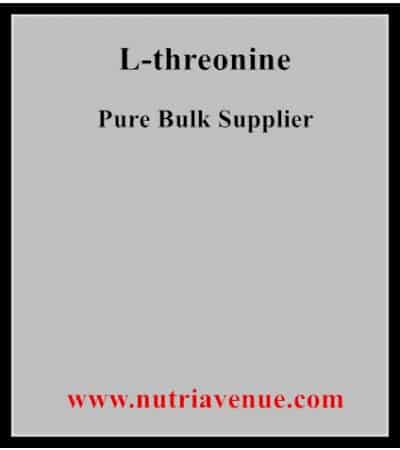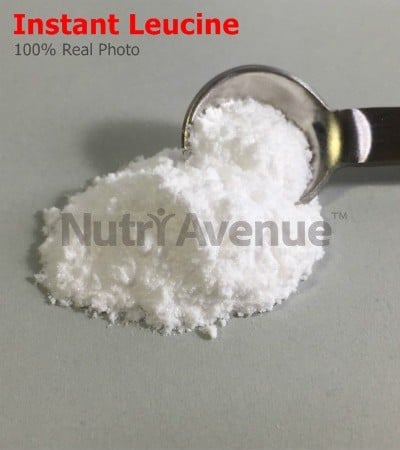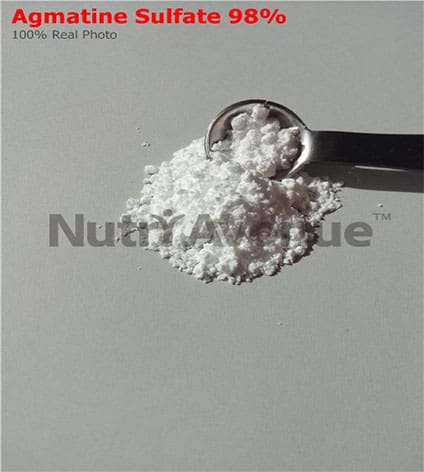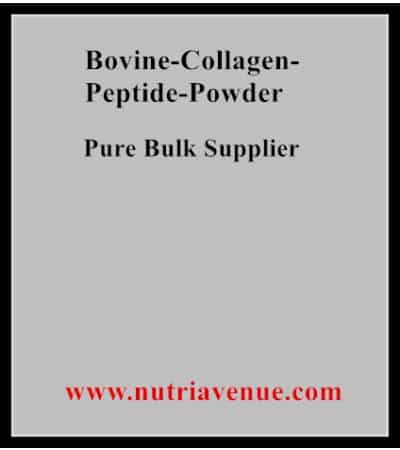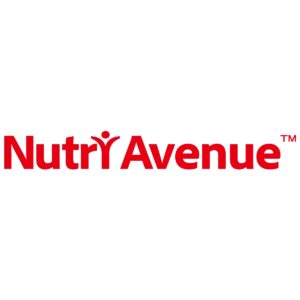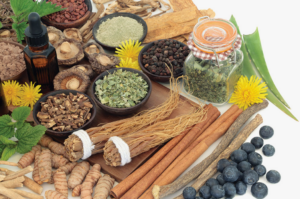What Is Chrysin?
Chrysin powder is a natural compound derived from the plant Passiflora coerulea, commonly known as blue passionflower. It belongs to a class of compounds called flavonoids, specifically flavones. Chrysin is known for its potential health benefits and has been the subject of scientific research.
It is typically obtained through extraction and purification processes from the flowers of the blue passionflower plant. The resulting powder is a fine, yellowish substance.
This ingredient has been studied for its various biological properties and potential health effects. It is known for its antioxidant and anti-inflammatory properties. It has also been studied for its potential as an aromatase inhibitor, which implies it may inhibit testosterone-to-estrogen conversion.
Common Bulk Chrysin Powder Specifications
Below are some possible purities. But in order to make sure, please contact our sale teams to know the details.
- Chrysin Powder 99% Pure
- Chrysin Powder 90% Pure
- Chrysin Powder 85% Pure
| Type | Flavonoid |
| Appearance | Fine, yellow powder |
| Content | ≥ 95% |
| Purity | ≥ 95% |
| Particle Size | 100-200 mesh |
| Certifications | GMP, FDA |
| Other Ingredient | None |
| Solvent | Ethanol |
| Water Content | ≤ 5% |
| Test Method | HPLC |
| MOQ (minimum order quantity) | 1kg |
| Sample | Available (10-20g/bag) |
| OEM Service | Available, such as capsules, tablets, pills, etc. |
| ODM Service | Available |
| Private Label | Available |
| Contract Manufacturing | Available |
The Best Source Of Chrysin Powder
The most common source of chrysin powder is the plant Passiflora coerulea, commonly known as blue passionflower. The flowers of the blue passionflower plant are the primary source for extracting it.
Blue passionflower is a vine native to South America but is now cultivated in various regions worldwide. The flowers are harvested and processed to extract Chrysin, which is then further purified and processed into a powdered form.
Blue passionflower is the preferred and most common source for this ingredient due to its relatively higher content than other plant sources. While Chrysin can be found in smaller quantities in other plants such as honeycomb and propolis, blue passionflower is specifically cultivated. It is recognized as the primary source for obtaining this powder we talked about here.
What Is Chrysin Powder Manufacturing Process?
The manufacturing process involves several steps to extract and purify the chrysin compound from the plant source, which is typically the blue passionflower (Passiflora coerulea).
- Plant Material Selection: Select plant sources known to contain chrysin, such as certain species of passionflowers, honey, or propolis.
- Extraction: The plant material is processed to extract it. Common extraction methods include solvent extraction, such as ethanol or methanol, or supercritical fluid extraction using carbon dioxide (CO2). The extraction process helps to separate chrysin from the rest of the plant matrix.
- Filtration: The extracted solution undergoes filtration to remove any solid particles or impurities. This step helps to clarify the extract and improve its purity.
- Concentration: The filtered extract is concentrated to remove the solvent or excess water. Concentration can be achieved through various methods like evaporation, distillation, or other suitable techniques. This step results in a more concentrated solution.
- Purification: The concentrated solution may undergo purification steps to refine its purity further. Techniques such as chromatography or crystallization can separate impurities or unwanted compounds from the chrysin.
- Drying and Grinding: The solution is concentrated and dried to obtain a dry powder using spray drying, vacuum drying, or freeze drying. The dried chrysin extract is then ground to achieve a fine powder, enhancing uniformity and facilitating mixing with other ingredients if needed.
- Quality Control: The powder undergoes quality control tests to ensure its purity, potency, and compliance with safety standards. These tests may include assessing the concentration, checking for any impurities, and verifying that the product meets the required specifications.

More Information
Chrysin Benefits
- Antioxidant Properties
It exhibits antioxidant activity, which can help neutralize harmful free radicals and protect cells from oxidative stress. This antioxidant potential may have positive effects on overall health and well-being.
- Anti-Inflammatory Effects
It has been studied for its anti-inflammatory properties. It may help reduce inflammation by inhibiting the production of pro-inflammatory molecules and enzymes. It may have implications for managing chronic inflammation and related conditions.
- Aromatase Inhibition
Chrysin has been investigated for its potential as an aromatase inhibitor. Aromatase is an enzyme that assists in converting testosterone to estrogen. By inhibiting aromatase, Chrysin may help regulate hormone levels and support hormonal balance.
- Potential Anti-Cancer Properties
Some studies suggest that this ingredient may have anti-cancer properties. It has been shown to exhibit cytotoxic effects on specific cancer cells and may inhibit tumor growth. However, further research is needed to determine its efficacy and safety in cancer treatment.
- Neuroprotective Effects
It has been explored for its potential neuroprotective effects. It may help protect brain cells from oxidative stress, reduce inflammation, and support cognitive function. These properties make it a subject of interest in research related to neurodegenerative diseases.
Does Chrysin Increase Testosterone?
Chrysin inhibits aromatase. It is an enzyme that converts testosterone into estrogen. By inhibiting aromatase, it helps men keep testosterone levels within a healthy range.
Who is the best Chrysin Supplier?
Look no further for the top pure powdered chrysin supplier because Nutri Avenue is the answer! Nutri Avenue stands head and shoulders above the rest with its unwavering commitment to quality and excellence. Our powder is meticulously sourced, processed, and tested, ensuring unmatched purity and potency. Trust Nutri Avenue for your needs, and experience the difference yourself.
FAQs
Chrysin powder is sparingly soluble in water. It has limited solubility and may require solvents or other techniques to enhance solubility in aqueous solutions.
As a dietary supplement ingredient, Chrysin is not explicitly approved by the U.S. Food and Drug Administration (FDA). The FDA does not generally approve individual nutritional supplement ingredients. However, Chrysin may be used in dietary supplements if it meets specific criteria and is manufactured under the FDA’s Current Good Manufacturing Practices (cGMP) regulations. It’s important to note that the FDA regulates dietary supplements for safety and labeling compliance but does not provide specific approvals for individual ingredients.


